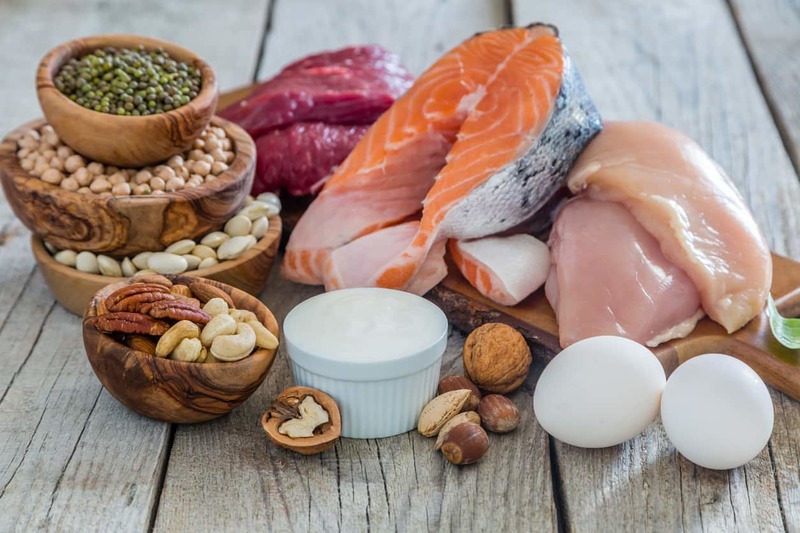A Healthy Diet Keeps Depression Away
There is a sense of wellbeing that comes with regular intake of balance diet, as noted by getpocket.com You’ve probably already noticed that your eating routine affects what’s going on in your body. We’ve all had that junk meal that had us feeling off, not just bodily but also psychologically and emotionally. Newer research suggests that the connection between diet and mental well-being is a little more nuanced than previous research had found.
Eating junk isn’t great for your brain as suggested by earlier studies. People who eat enough fruit, fish, and vegetables seem to be less likely to develop depression compared to those who prefer to eat fatty meats, refined carbs, and sugary foods.
More recent research shows that even among healthy diets, some foods might be more suited for mental health development than others.
In anevaluation published in Molecular Psychology and cited on Getpocket, investigators analysed 41 studies that sought to enumerate the impact of different diets on clinical depression. The diets analysed in the study include the Mediterranean diet, the DASH diet, and the Healthy Eating Index. The Mediterranean diet was found to be the healthiest diet as it features more fruits and vegetables, cereals, fish,olive oil, dairy products like yogurt and cheese, beans and poultry, and red meat in moderate amounts and wine.
Drew Ramsey, the author of Eat Complete and an associate professor of psychiatry at Columbia University, says the Mediterranean diet may have a progressive effect on mental health because it helps combat inflammation. “Molecules that are responsible for inflammation influence things like your mood and energy levels,” says Ramsey. “For instance, inflammation gets in the way of the brain’s self-repair process. Many antidepressant drugs are also potent anti-inflammatories that spur brain development.”
Improvement of the gastrointestinal flora by constant intake of a good diet, as suggested by scientists, influences depression.
The study itself concludes that “keeping to a healthy diet, in particular a native Mediterranean diet, or avoiding a pro-inflammatory diet appears to confer some protection against depression.”
Ramsey insists that there is no singular food that holds all the answers, “We want to shift [the conversation away] from singular foods and diets and into talking about food categories,” he says. His study noted that for instance, spinach, Swiss chard, lettuce, and kale contain the highest antidepressant nutrients per portion, but that these would probably have no significant effect unless they were consumed regularly.
“It’s intriguing to think about food interventions and how they could shift an entire organism,” Ramsey stated. “What ensues if I get someone using food for a more different microbiome, lesser overall inflammation, and more connection to a sense of self-care? Those are all countless things for someone stressed with mental and brain health.”
These findings are significant because a lot of people suffer depression globally.Nutrition is one easy way to take care of ones' mental health. “I really am a big fan of correctly using medications and active talk therapy to treat depression,” says Ramsey. “But centring on diet allows us to empower patients to reflect about their mental health as tied to nutritional status.”
Comments
There are 0 comments on this post












